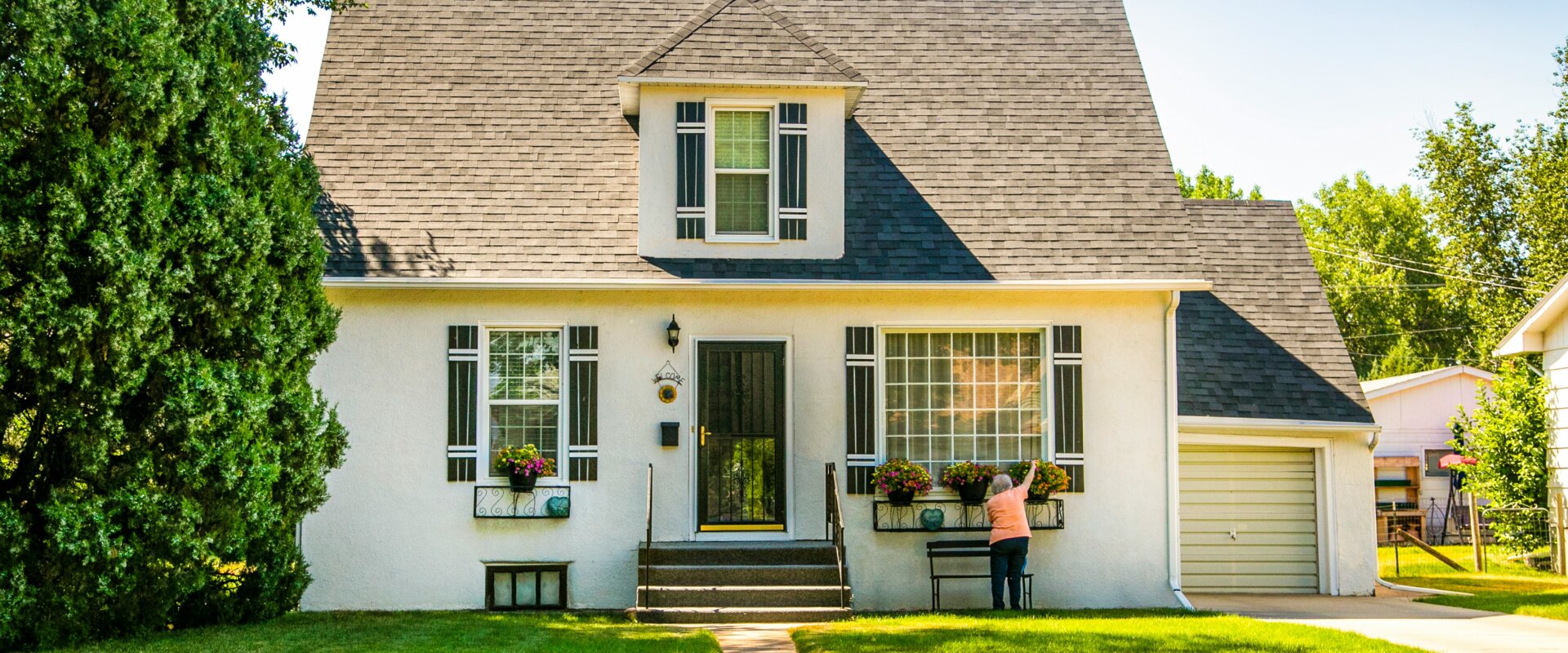Deciding when to trade up to a bigger home is a major life decision, especially in a dynamic real estate market like Colorado’s. Whether you’re a growing family or seeking more space, timing your move can impact your financial future. Here’s how to know if it’s the right time to make the leap.
1. Evaluate Your Current Space Needs
Are you feeling cramped in your current home? If your household has grown or your lifestyle has changed, such as working remotely or needing more storage, upgrading to a bigger home might be ideal. Start by assessing:
- Number of bedrooms and bathrooms
- Storage space, including closets and garages
- Yard size or outdoor areas
- General flow and usability of space
In Colorado, homes with large yards and open floor plans are popular, especially as more people prioritize work-life balance and outdoor activities.
2. Check Your Financial Readiness
While the idea of more space is appealing, it’s crucial to assess your financial readiness:
- Home Equity: Have you built significant equity in your current home? You may be able to use it for a down payment on a larger property.
- Income Stability: Make sure your income can support a larger mortgage. In Colorado, home prices have been steadily rising, particularly in metro areas like Denver and Fort Collins.
- Upfront Costs: Consider the costs of selling your current home, buying a new one, and moving. This includes realtor fees, closing costs, and potential repairs.
Colorado’s strong housing market means home values continue to appreciate, but buying a bigger home may come with higher property taxes and utility costs.
3. Interest Rates and Market Conditions
One of the most important factors in deciding when to trade up is the state of the housing market. Here are a few indicators to watch for:
- Interest Rates: Low interest rates can significantly reduce the cost of a bigger mortgage, making it a favorable time to upgrade. Colorado’s real estate market often follows national trends, so keep an eye on federal rate changes.
- Home Availability: The inventory of larger homes can vary greatly across Colorado. Urban areas may have fewer listings, while suburban and rural areas like Colorado Springs or Loveland may offer more options for larger homes at competitive prices.
- Seasonal Trends: Historically, Colorado’s real estate market is most active in the spring and summer months, which can affect both the sale of your current home and the availability of new homes. Buying in the fall or winter could provide better deals.
4. Lifestyle Considerations
Are you looking to be closer to family, work, or better schools? Trading up might not only be about space but also about lifestyle improvements. Many families in Colorado move to gain proximity to outdoor activities, top-rated school districts, or larger yards for children and pets.
If you’re considering a move to a larger home for lifestyle reasons, evaluate:
- Commute times: Are you comfortable with a potential increase in commute time to work or other amenities?
- School districts: Many people in Colorado seek larger homes in areas with top-rated schools, such as Boulder or Highlands Ranch.
- Community and Amenities: Neighborhood features like parks, trails, and community centers may play a role in your decision to upgrade.
5. Long-Term Investment Potential
A larger home can serve as a long-term investment. In Colorado, where home prices have steadily appreciated over the past decade, purchasing a bigger home could pay off down the road. However, it’s important to think beyond the immediate gain and consider the future:
- How long do you plan to stay in your new home?
- Will this larger home meet your needs as you grow older, or will you outgrow it again in a few years?
Keep in mind that home values vary significantly across Colorado, with areas like Denver experiencing higher appreciation rates compared to more rural locations.
6. Are You Emotionally Ready?
Moving is a big life change, and trading up to a bigger home requires more than just financial and market readiness. You need to be emotionally prepared to take on the responsibilities that come with a larger property, including upkeep and maintenance.
If you’re feeling uncertain, you may want to explore different neighborhoods and homes before making a final decision. Take your time, and don’t rush into the process without considering all aspects of the move.
Deciding when to trade up to a bigger home in Colorado comes down to balancing your current space needs, financial readiness, and market conditions. Take a thoughtful approach by evaluating your long-term goals and lifestyle, and consult with a local real estate expert to understand how the Colorado market fits into your plans.
Trading up to a bigger home can be a smart move, but timing is everything—especially in a competitive and ever-changing real estate market like Colorado’s.


